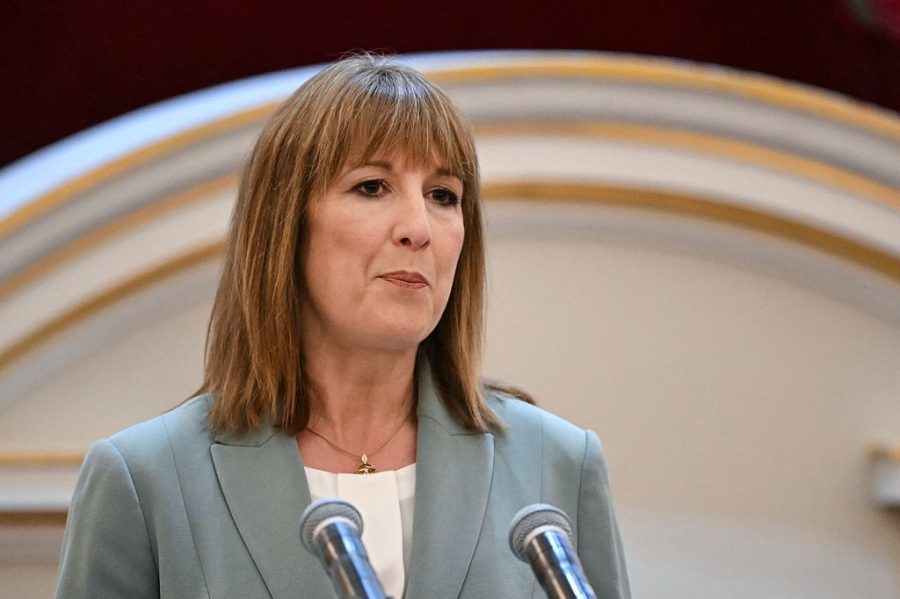Friedrich Merz has managed something truly remarkable: he’s simultaneously the most internationally successful German chancellor in decades and quite possibly the most domestically incompetent. While foreign leaders sing his praises and credit him with everything from Ukraine’s weapons supply to Nato’s renewed backbone, German conservatives are discovering they’ve elected a man who can charm Trump but can’t outwit a Social Democratic Party that barely scraped 16 per cent of the vote.
The damage extends far beyond one failed nomination
The man who promised to clean up the catastrophic legacies of both his predecessors, Scholz and Merkel, has indeed delivered on the international front. In London today, Merz will sign the historic Trinity House Defence Agreement with Britain – the first defence cooperation treaty between the two nations since the Second World War. The pact, which promises mutual assistance in case of attack, forms part of what Whitehall insiders describe as an emerging ‘triangle’ alliance between London, Paris, and Berlin.
Combined with his role in securing European Nato funding for Ukrainian weapons and his successful courtship of the Trump administration, Germany is genuinely back on the diplomatic map, wielding influence in ways that seemed impossible during the preceding years of weakness and indecision. Yet this foreign policy renaissance has come at a devastating cost: Merz has abdicated responsibility for the cultural and political battles that define a nation’s character.
The latest debacle – the spectacular mishandling of constitutional court appointments – perfectly encapsulates Merz’s domestic naivety. By delegating this crucial task to parliamentary leader Jens Spahn, Merz revealed either profound foolishness about the opposition he faces or dangerous complacency about the stakes involved. The result was a humiliating retreat from supporting Frauke Brosius-Gersdorf, a ultra-left judicial activist whose positions on abortion, gender ideology, and state authority represent everything conservative voters thought they were rejecting.
Constitutional law experts say this should haunt Merz’s inner circle: Brosius-Gersdorf has taken clear and often apodictic positions on highly political and controversial issues, from mandatory vaccination to AfD bans, consistently aligning with left-wing mainstream thinking. Her advocacy for a paternalistic state that prescribes and prohibits fundamentally contradicts the liberal constitutional order that Germany’s highest court should protect.
The damage extends far beyond one failed nomination: The CDU has systematically avoided cultural battles, preferring to focus on economic development while ceding ground on fundamental questions of values and identity. This strategic retreat has profound consequences: when mainstream conservative parties refuse to engage in cultural warfare, they don’t eliminate conflict – they surrender the field to their opponents.
Merz’s delegation to Spahn proved disastrous, precisely because it reflected this broader abdication. Rather than engaging substantively with Brosius-Gersdorf’s radical positions, Spahn resorted to half-baked plagiarism allegations when the nomination began collapsing. This tactical cowardice, preferring procedural objections to principled opposition, perfectly embodies the CDU’s current cowardice to fight for it’s values and shows intellectual bankruptcy on cultural issues.
The irony is particularly bitter given Merz’s international success. His ability to navigate complex diplomatic negotiations with president Trump, maintain European unity on Ukraine, and restore German influence suggests formidable political skills. Yet these same skills have been conspicuously absent in domestic affairs, where he’s repeatedly outmanoeuvred by a Social Democratic Party.
The SPD’s confidence in pushing controversial nominations stems from accurate assessment of CDU weakness. They understand that Merz prioritises ‘coalition peace’ above all else, making him vulnerable to pressure on issues he’d rather avoid. This dynamic creates a perverse incentive structure where the junior coalition partner dictates terms on the most sensitive cultural questions.
The broader pattern is unmistakable: Merz excels when operating in his comfort zone of international relations and economic policy but becomes either passive or incompetent when forced to address fundamental questions about German society’s direction. His administration’s early months suggest a chancellor who believes domestic politics can be delegated while he focuses on grander strategic challenges.
Germany needs a leader who can both project strength internationally and defend conservative principles at home. So far, Merz has managed only half that equation
This division of attention might be sustainable if Germany faced only external threats. But the country’s most serious challenges are internal: demographic decline, cultural fragmentation, institutional capture by progressive activists, and the steady erosion of traditional conservative positions across multiple domains. These problems require sustained attention and strategic thinking – precisely what Merz seems unwilling or unable to provide.
Merz’s defenders might argue that foreign policy achievements justify domestic compromises. Yet this calculation misunderstands the relationship between internal and external strength. A nation that cannot maintain cultural coherence at home will eventually lack the social foundation necessary for sustained international influence. Germany’s diplomatic resurgence may prove ephemeral if the domestic political order continues deteriorating.
Germany needs a leader who can both project strength internationally and defend conservative principles at home. So far, Merz has managed only half that equation – and it may be the less important half for the country’s long-term survival. History is littered with leaders who conquered foreign challenges while their home front collapsed beneath them. Merz risks joining their ranks.







Comments